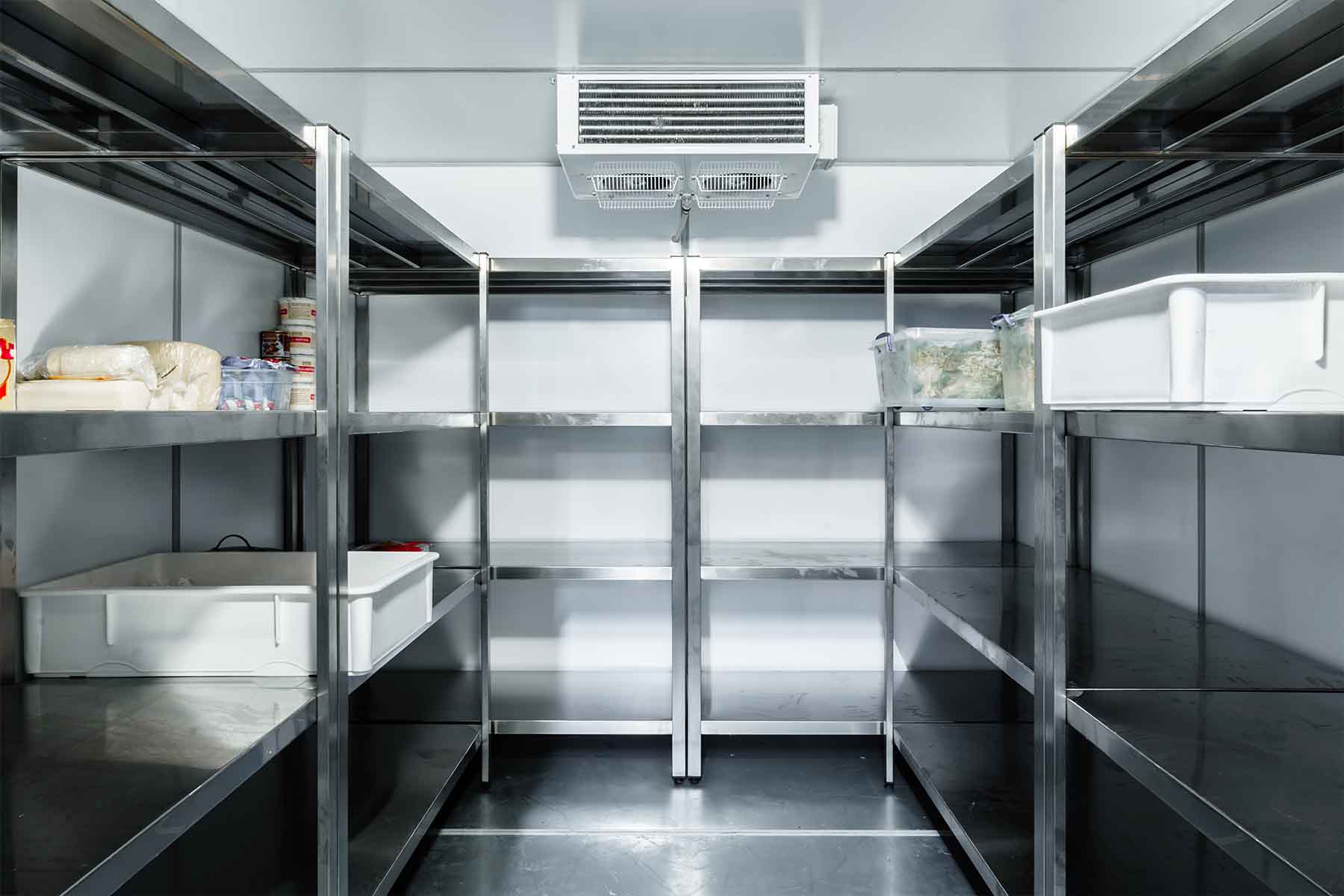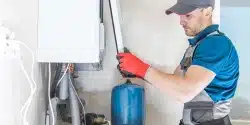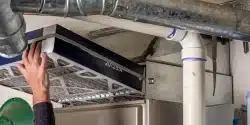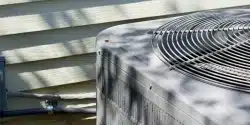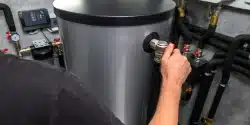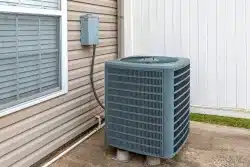Commercial Refrigeration
In the dynamic realm of commercial refrigeration, walk-in coolers and freezers stand as unsung heroes, silently upholding the backbone of numerous industries. From preserving the freshness of culinary ingredients in restaurants to maintaining the integrity of pharmaceutical products in healthcare facilities, their role is indispensable. However, like all sophisticated machinery, these cooling behemoths are not immune to wear and tear. Recognizing early signs of malfunction, implementing essential maintenance strategies, and understanding the nuances of their operation are critical to ensuring their longevity and reliability.
What to Consider When Buying Commercial Walk-In Coolers and Freezers
1. Understanding Needs: Tailoring to Your Specific Requirements
Before diving into the market, assessing your specific needs is imperative. Consider the size of the cooler or freezer based on your inventory volume, the type of products you’ll be storing, and the available space in your establishment. This preliminary step helps narrow options to fit your operational demands.
2. Energy Efficiency: Balancing Power and Performance
Opt for units with high energy efficiency ratings. While these may come with a higher upfront cost, they lead to significant savings in the long run through reduced electricity bills. Look for ENERGY STAR® certified models, which are both environmentally friendly and cost-effective.
3. Quality of Insulation: The Cold Preserver
Good insulation is vital to maintaining consistent temperatures and reducing energy consumption. Check the thickness and material of the insulation. Typically, polyurethane or polystyrene foam insulation offers superior performance.
4. Reliable Refrigeration System: The Heart of the Unit
The refrigeration system is the core of any cooler or freezer. Opt for a unit with a well-known and reliable compressor brand. Additionally, check the condenser placement – top-mounted systems are less likely to clog but may be harder to service. In contrast, bottom-mounted systems offer easier maintenance but can get clogged with dust and debris more efficiently.
5. Build and Material Quality: Durability Matters
Commercial coolers and freezers must withstand heavy usage. Look for units made with high-quality, durable materials like stainless steel, which resist corrosion and are easier to clean. Inspect the build quality, including door hinges, handles, and panel joints.
6. Expandability and Modularity: Future-Proofing Your Investment
Consider units that offer expandability or modularity, which can be beneficial as your business grows. This feature allows you to expand storage capacity without needing entirely new units.
7. Warranty and After-Sales Service: The Safety Net
A comprehensive warranty and reliable after-sales service are essential. They ensure peace of mind and safeguard against unexpected repair costs. Check the length of the warranty and what components it covers.
8. Compliance with Regulations: Staying Within Legal Boundaries
Ensure the walk-in cooler or freezer complies with all relevant health and safety regulations. This includes NSF certification, which indicates that the unit meets strict public health standards.
9. User-Friendly Features: Ease of Use and Accessibility
Consider units with user-friendly features like adjustable shelving, interior lighting, digital temperature control, and self-closing doors. These features enhance usability and efficiency.
10. Compare Prices and Reviews: Informed Decisions
Finally, compare prices from different vendors and read customer reviews. This can provide insight into the reliability and performance of the units, helping you make a well-informed decision.
Identifying Early Signs of Malfunction
1. Unusual Noises: Harmony Disturbed
When your commercial refrigeration unit starts producing sounds akin to grumbles or sharp cries, it’s a red flag. These auditory clues often indicate compressor issues or fan dysfunction.
2. Temperature Inconsistencies: A Chill Too Far
Temperature fluctuations are the enemy of perishables. If your cooler or freezer isn’t maintaining its cool, it’s a clear sign that repair is needed, potentially involving thermostats or insulation issues.
3. Escalating Energy Bills: The Costly Clue
A sudden spike in energy consumption can be a subtle indicator of an ailing refrigeration system. Efficiency drops when components struggle, leading to higher operational costs.
4. Frost Build-Up: The Icy Indicator
Excessive frost or ice accumulation, particularly around evaporator coils, suggests a malfunction, possibly linked to defrosting systems or door seals.
5. Water Leaks: The Dripping Dilemma
Puddles near your unit aren’t just a slip hazard; they’re prone to condensation problems or refrigerant leaks. Timely intervention is essential to prevent further damage.
Essential Maintenance Tips for Preventive Measures to Avoid Breakdowns and Losses
1. Regular Cleaning: The Foundation of Functionality
Regular cleaning of coils, fans, and interior surfaces enhances performance and extends your unit’s lifespan.
2. Seal and Gasket Checks: The Barrier Guardians
Door seals and gaskets are frontline defenders against heat ingress. Inspect and replace them regularly to ensure airtight closure.
3. Thermostat Vigilance: The Temperature Sentinel
Regularly monitoring and calibrating the thermostat ensures that your unit operates within the desired temperature range, avoiding overexertion.
4. Defrost Schedule: The Ice Preventer
Implement a regular defrost schedule to prevent ice build-up, which can impede airflow and efficiency.
5. Professional Inspections: The Expert Eye
Scheduling periodic professional inspections can catch potential problems early, saving costs and preventing operational disruptions.
Causes and Solutions for Managing Condensation Effectively
1. Causes of Condensation: Unveiling the Moisture Mystery
Excessive condensation in refrigeration units is often due to door seal leaks, poor ventilation, or high ambient humidity. Understanding the root cause is crucial for effective management.
2. Solutions: The Drying Strategies
- Enhanced Ventilation: Improving air circulation around the unit can significantly reduce condensation.
- Door Seal Maintenance: Regular checks and replacements of door seals can prevent moist air ingress.
- Dehumidifiers: In high-humidity areas, using a dehumidifier can aid in maintaining optimal conditions.
Best Practices for Maintaining Commercial Coolers and Freezers
- Consistent Cleaning Regimen: Regularly clean the interior and exterior, focusing on coils and fans.
- Inspect and Replace Worn Parts: Periodically check for wear and tear, especially in compressors and motors.
- Optimize Loading: Avoid overloading to ensure efficient air circulation.
- Energy Consumption Monitoring: Monitor energy usage for signs of inefficiency.
- Regular Defrosting: Implement a defrosting routine to prevent ice build-up.
- Temperature Checks: Frequently monitor and adjust temperature settings as needed.
- Door Seal Inspections: Ensure seals and gaskets are intact and effective.
- Professional Audits: Schedule annual inspections by qualified technicians.
- Calibrate Controls: Regularly check and calibrate thermostats and controls.
- Emergency Plan: Have a contingency plan for power outages or system failures.
Working with Kelowna HVAC Experts: Husky Heating and Cooling
Husky Heating and Cooling, a renowned owner-operated HVAC and Refrigeration company in Kelowna, epitomizes the essence of professional excellence. Fully insured and bonded, they stand as a beacon of ethical and honest services in the Okanagan and surrounding areas. Their commitment to exceeding customer expectations is a promise and a proven track record.
As a full-service HVAC contractor, Husky Heating and Cooling offers solutions irrespective of the scale of your HVAC problem. Their dedication to maintaining high standards for each client is not just a business strategy but a testament to their mission of providing unparalleled service.
Ensuring commercial refrigeration systems’ efficient operation and longevity is pivotal. Early identification of repair needs, rigorous maintenance practices, effective condensation management, and adherence to maintenance best practices are essential. Partnering with experts like Husky Heating and Cooling further fortifies the health and efficiency of these vital systems.

